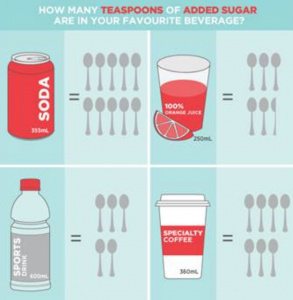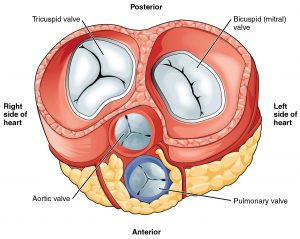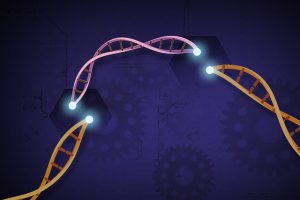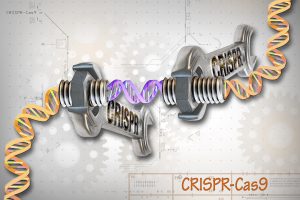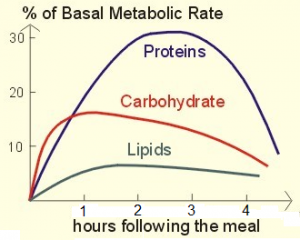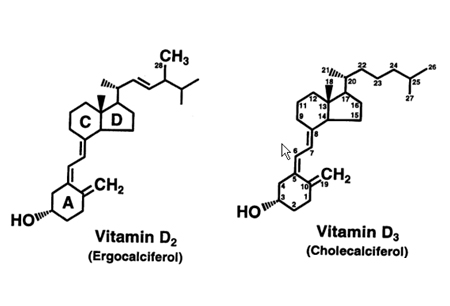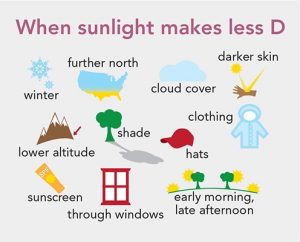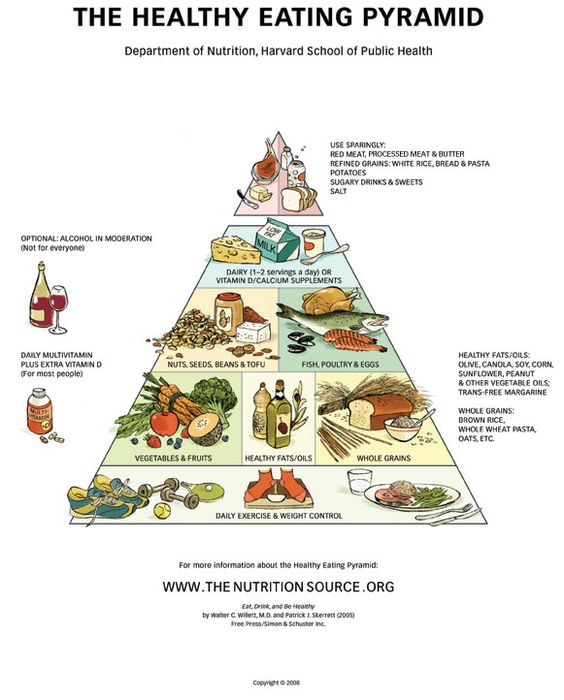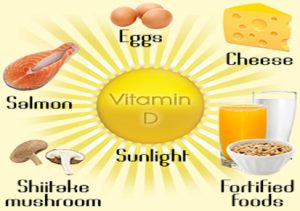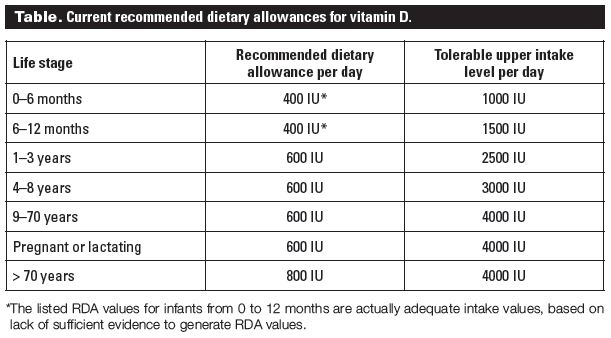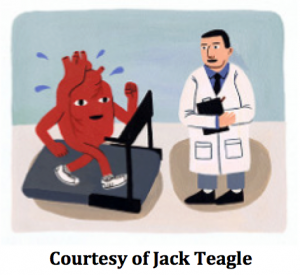Did you know that Canadians consume about 26 teaspoons of sugar per day? That is equivalent to drinking just over two cans of Coca-Cola, EVERYDAY!
Sugars are carbohydrates that provide energy for our body, essential to our health and body. Sugars can come in the form of natural or added. Surprisingly, our body does not recognize that – it breaks down both types of sugars into glucose (a simple sugar) the same way in our body.
Natural sugars are contained in fruits, vegetables, and dairy products – these sugars act as essential nutrients in helping prevent disease and keeping the body healthy. The most common kinds of natural sugars include:
- Sucrose (table sugar) – present in most fruits and vegetables.
- Fructose and Glucose – found in fruits, vegetables, and honey.
- Lactose (milk sugar) – found in milk and dairy products.
- Maltose (malt sugar) – found in malted drinks and beer.
Added sugars on the other hand, can be used for many reasons such as preserving the food item and are usually added when the food item is being prepared. These types of sugars can be present in soft drinks, cookies, ice cream, candy, etc. As tasty as all these mouth-watering foods may sound, over-consumption of them can be quite detrimental to our health since they provide no nutritional value – specifically associated with heart disease, stroke, obesity, diabetes, high blood cholesterol, cancer, and cavities.
So now the question becomes: what’s the limit? Although sugar intake varies by age group, according to the Heart and Stroke Foundation of Canada, it is recommended that one should consume, on an average 2000-calorie-diet, 48 grams of added sugars (equivalent to 12 teaspoons) each day. Additionally, those foods containing natural sugars (i.e. fruits) should be eaten in reasonable portions.
Here is a video of Dr. Oz explaining an interesting way of cutting down sugar.

Youtube: Dr. Oz Explains How to Cut Down Sugar Cravings in Two Weeks
There are many ways to reduce your sugar intake and strive for a healthier diet. Firstly, cutting sugary-beverages such as pop is best recommended – choosing a better alternative such as water is the BEST way to quench/suppress thirst. Secondly, trying whole foods is also recommended since they require little food processing: fruit, poultry, fish, tofu, whole grain breads, plain yogurt, etc. Lastly, educate yourself. Making healthier decisions by reading the Nutrition Facts table and listed ingredients can help you make more informed decisions regarding your diet. It is very critical that we control our sugar intake by making smarter and healthier decisions.
For more information on this topic, take a listen to a Dietitian who provides some interesting tips on how to reduce your sugar intake.
Source: SoundCloud
– Milan Tiwana

